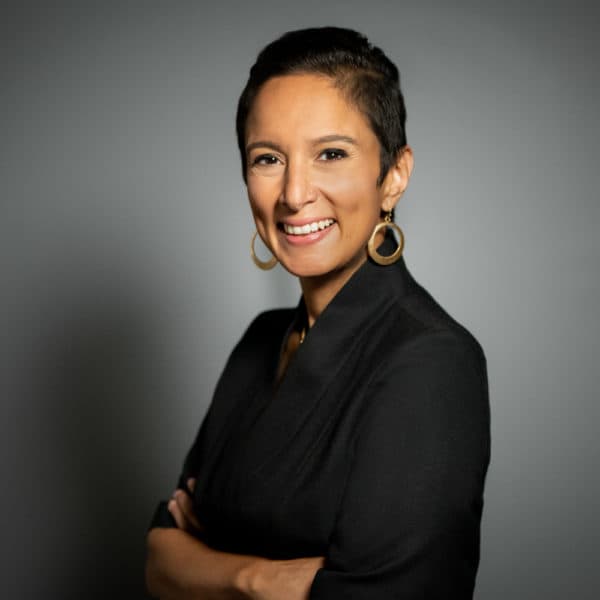Advertisement
Reflecting on systemic racism in medicine 20 years after release of 'Unequal Treatment' report
ResumeWe already know that the COVID pandemic exacerbated health inequities, from infection and vaccination rates to fatalities. People in Massachusetts from marginalized backgrounds were hit harder, which is not surprising for many in the health fields.
The impact of systemic racism in medicine was highlighted 20 years ago in the Unequal Treatment Report, released by the National Academy of Medicine, formerly known as the Institute of Medicine.
Dr. Joseph Betancourt was one of the physicians who worked on that report. He's now senior vice president for equity and community health at Massachusetts General Hospital. He joined Morning Edition host Rupa Shenoy to talk about the progress, or lack thereof, made in addressing health disparities over the last 20 years.
Highlights from this interview have been lightly edited for clarity.
Interview Highlights:
On what the report said and the reaction when it was released:
"Unequal Treatment was an important landmark in our work around disparities in health care. After studying this topic for the better part of two years we found that there was differences in the way people are treated inside the health care system based on their race ethnicity across the country for different conditions, no matter whether individuals were sicker or poorer. I think that was the real contribution of unequal treatment was really looking specifically at disparities in health care.
"The first reaction was shock and outrage of people upset, particularly in the health care professions, where we pride ourselves on our dedication to treat everybody to the best of our abilities. The 'not me' phenomenon was very powerful. But over time, the evidence was just so overwhelming that we, as a health care community who based all of our work on the evidence, began to see that, yes, this was real and we needed to pay attention to it."
On the lack of progress made in addressing the report's findings:
"We laid out a pretty broad and comprehensive blueprint of findings and recommendations. In the area of disparities, we saw some early adopters, some progressive leaders take action. But fundamentally, the real changes that we needed to see haven't happened at scale even to today.
"Progress happens at different paces in different places. So we do have some states that have done better, and we're fortunate that Massachusetts has done better in this area. That being said, I think the pandemic really caught us at a place where we hadn't implemented everything from the standpoint of disparities as it related to emergency preparedness. I think the pandemic is an example, both nationally and locally, of the delay in not having those systems at the ready. And what we see is higher rates of morbidity and mortality from minority populations as a result of the pandemic."
On what's missing in our fight to achieve health equity:
"What we haven't had is two things that are really critical here: a regulatory framework that really forces hospitals and health centers to fully incorporate equity into equality. And also financial mechanisms to both incentivize action, disincentivized disparities. I think this is what it's ultimately going to take. And we're hoping to get there. We're hoping that these last two years have given us lessons and reanimated the playbook that we laid out 20 years ago for those actions and for sustainable change.
"There is no one suspect and there's no one solution, as is the case with many complex problems. There are a whole series of things that we needed to address, certainly increasing awareness of the problem, doing better around data collection to understand how we're performing and developing interventions to address them, and increasing the diversity of our care teams. It's a broad portfolio, but it is all very achievable. We've done it in other areas and we could certainly do it in the space of equity and disparities.
"I am hopeful. Ultimately we have no shortage of great solutions to address disparities and to achieve equity. I think what we really need now is sustainable action to ingrain all of these wonderful strategies in the way we deliver health care that will require embedding techniques for financing and regulating this work so that we could all live out our mission, vision and values of high quality care for everyone."
This segment aired on April 22, 2022.

